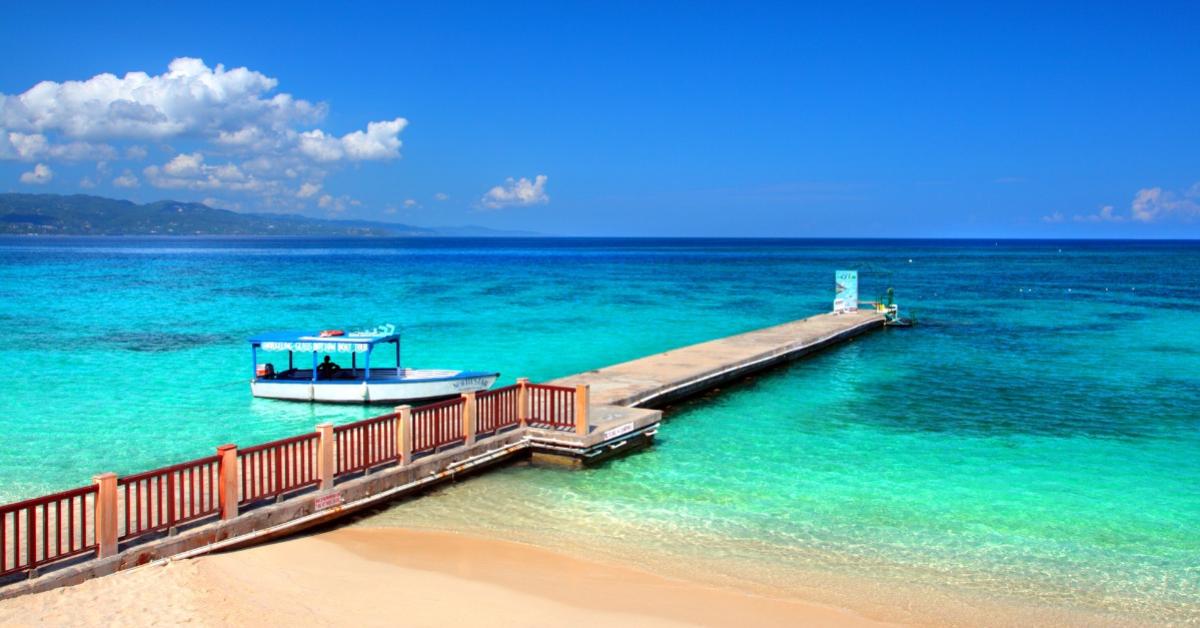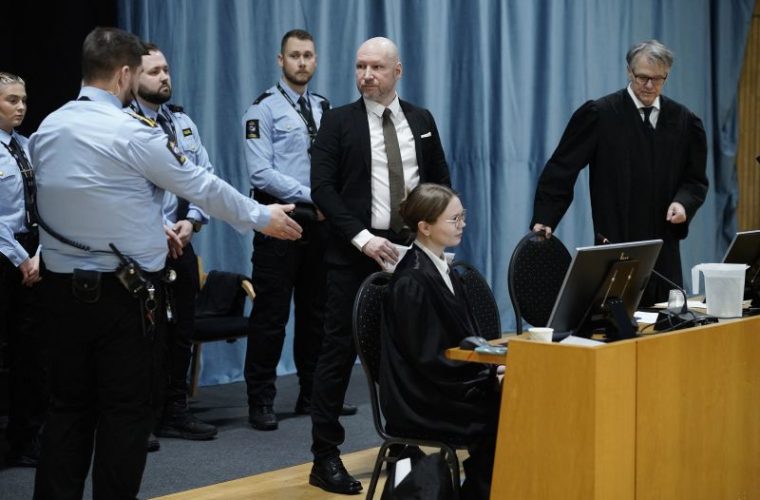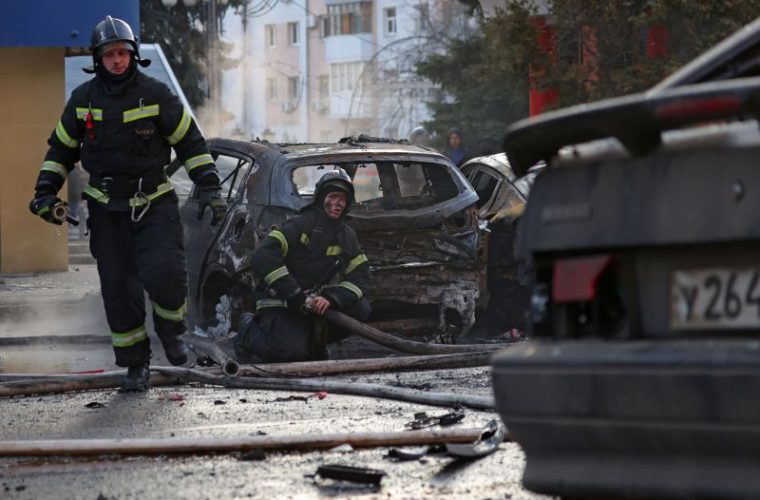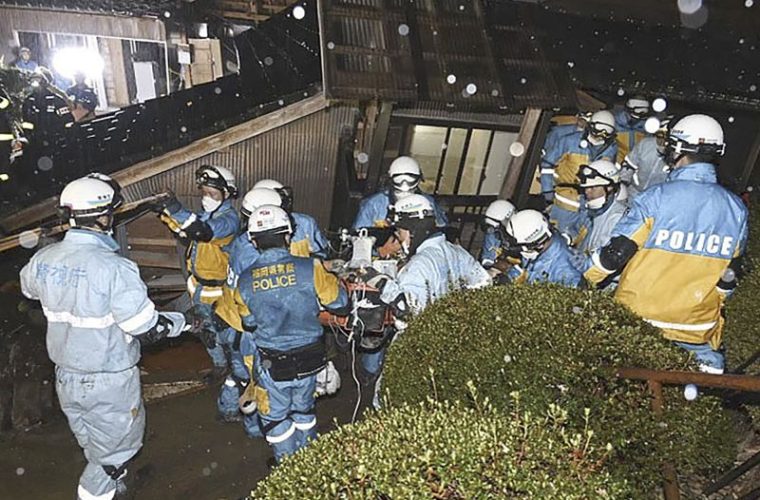
In Jamaica, the Tourists Party On behind High Walls and Locked Gates
An exuberant gate agent adorned in blue Southwest Airlines attire hollered, “Are you ready to go to Montego Bay?”
The waiting, weary passengers responded with a half-hearted collective “yeah.” The agent was not satisfied. He had sought a more enthusiastic response.
He assumed the other travelers and I were heading to Jamaica to party for Thanksgiving week. What he did not tell us was that Jamaican prime minister Andrew Holness had declared a state of emergency. The New York Post reported that Holness declared the state of emergency “to control rising crime linked to gang violence.” And unfortunately for travelers such as myself, this included “the popular tourist destination of Montego Bay.”
In fact, not a word was said about the emergency during our week’s stay. “In explaining the rationale behind the measure, Holness cited an increase in the murder rate, suggesting that criminal activities are contributing to public disorder,” Global Voices reported.
The impact of rising crime, as Hans-Hermann Hoppe wrote in his magisterial book Democracy: The God That Failed, “reduces the supply of the goods of the victimized appropriator-producer-exchanger, thereby raising his effective time-preference rate.” Potential victims incur a “setback in the process toward a fall in the rate of time preference.” There is a reason for the high walls and guarded gates at Montego Bay resorts, and it is a cost that tourists pay whether they realize it or not.
Low time preference leads to civilization, while high time preference leads to civilizational regression. Children have very high time preferences, living “day to day and from one immediate gratification to the next,” Hoppe explains. As we become adults, our time preferences fall as we save for future obligations. Old folks have higher time preferences because they have little time left.
Even without a rising crime rate, there is likely not a more high-time-preference activity than vacationing in Jamaica. Hoppe describes individuals with high time preference as drifters, drunkards, junkies, vagabonds, daydreamers, or simply just happy-go-lucky sorts who work as little as possible. As Hoppe describes, “formerly provident providers will be turned into drunks or daydreamers, adults into children, civilized men into barbarians, and producers into criminals.” Is he describing high time preference or the typical Jamaican vacation?
Jamaica sells itself as a continuous party fueled by hotel staff plying guests with fruity rum drinks the minute they hit the front door of the resort. A container of rum punch beckons tourists as they wait to check in. And business is good. The president of the Jamaica Hotel and Tourist Association (JHTA) Robin Russell predicts a “very good winter tourist season, beginning December 15. . . . [and] Jamaica is close to repeating its 2019 tourism season when 4.3 million visitors spent $3.64 billion.”
While discussing the upcoming tourist season, Holness told the Gleaner that “right now we are experiencing in some sectors a labour shortage. The only reason why we have that labour shortage is that some people are in the business of making the country insecure and unsafe, and our job is to get them out of that business and get them into the business of making the country safe, secure and growing.” Clearly, the escape business in Jamaica is flourishing.
Some say support for democracy in Jamaica is falling. Regardless, as Hoppe explains, “under democracy everyone becomes a threat.” Therefore, “under democratic conditions the popular, if immoral and anti-social, desire for other men’s property is systematically strengthened.” A fifth of Jamaica’s population lives below the poverty line and one can see evidence of it just outside the tourist areas. The large number of aged, storm-damaged buildings is evidence of a lack of capital.
While a group of us rode along Jamaica’s northern coast to Dunn’s River Falls, our guide, Stephanie, dramatically told us why she and the van driver deserved a generous tip. She told us of Jamaica’s $81 per week minimum wage (as well as a lower number) and claimed gas prices of $9 per gallon (which seem to be closer to $5.40 per gallon). Climbing the falls is a tricky trek, which most of our group braved. This writer and his cane waited safely on the beach.
Our group had encountered a checkpoint with armed soldiers on the road to Dunn’s Falls. Stephanie had made a joke about it but had not mentioned that it was part of Holness’s emergency measures. Emma Lewis writes, “It appears that there is still a long way to go as Jamaica grapples with its murder rate — to date, the second highest in the world.”
In response Holness may declare a second state of emergency. Tourist ignorance is bliss. No doubt the party will go on.




